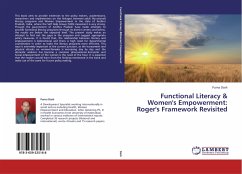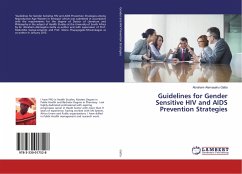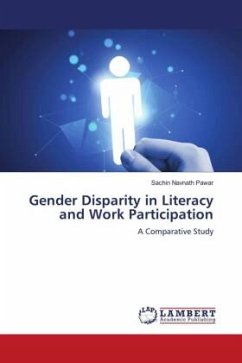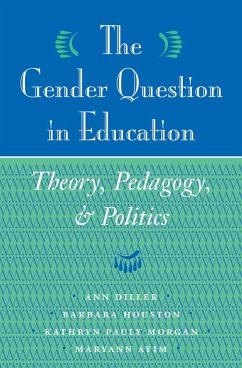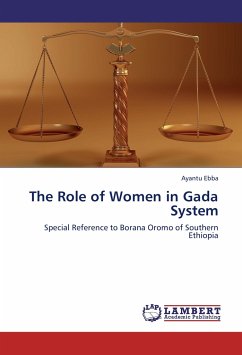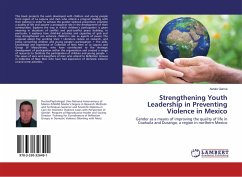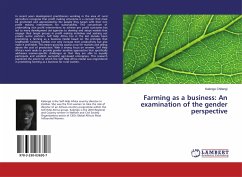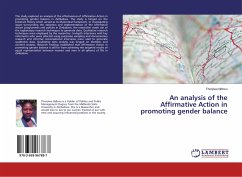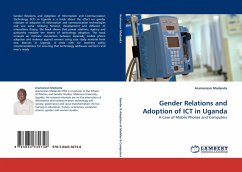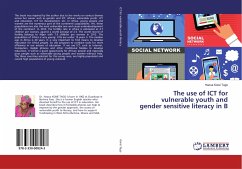
The use of ICT for vulnerable youth and gender sensitive literacy in B
Versandkostenfrei!
Versandfertig in 6-10 Tagen
49,99 €
inkl. MwSt.

PAYBACK Punkte
25 °P sammeln!
This book was inspired by the author due to her works on various themes across her career such as gender and ICT, African vulnerable youth, ICT and education, ICT for development, etc. In Africa, young people and women are the numerous part of the continent's populations. Yet, these populations are also the most vulnerable one and cause underdevelopment of the continent. In 2013, the fertility rate in Africa is estimated at 4.7 children per woman, against a world average of 2.5. The world record of fertility belongs to Niger with 7.6 children per woman in 2012. The population of Africa is very...
This book was inspired by the author due to her works on various themes across her career such as gender and ICT, African vulnerable youth, ICT and education, ICT for development, etc. In Africa, young people and women are the numerous part of the continent's populations. Yet, these populations are also the most vulnerable one and cause underdevelopment of the continent. In 2013, the fertility rate in Africa is estimated at 4.7 children per woman, against a world average of 2.5. The world record of fertility belongs to Niger with 7.6 children per woman in 2012. The population of Africa is very young: 41% are under 15 years 3. The median age in Africa is 20 years. It is very important to find means to develop education for Africa people. So she proposes to combine tools for more efficiency in our actions of education. If we use ICT, such as Internet, Computers, mobile phones and other traditional Medias to develop education, it will be a good opportunity for African people and especially poor people such as vulnerable young people and women without help. The three countries selected for this survey area, are highly populated and record high populations of young vulnerab




